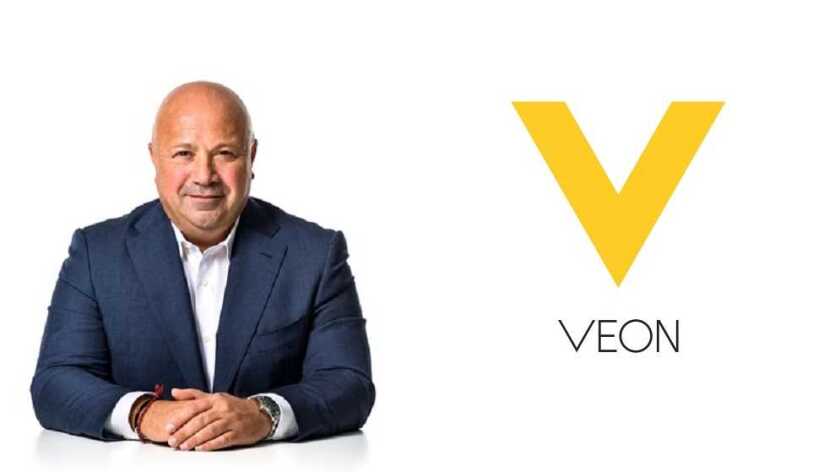The Amsterdam-based group announced yesterday that it had started a “competitive sales process” for its business in Russia, where its VimpelCom subsidiary operates under the Beeline brand.
“We have built a very strong business,” CEO Kaan Terzioğlu told Capacity in an exclusive interview today. “This allows us to get a high level of interest.”
The process will take “one to two quarters”, he said. “VimpelCom should be owned by Russian shareholders. We are in the middle of a process.”
Terzioğlu said Veon “will comply with international laws and regulations” in selling VimpelCom, as well as Russian laws.
There has been “an ample amount of interest”, he said, indicating that the company has been in discussions for some time before yesterday’s disclosure, which was made before this morning’s third-quarter results announcement – even though this would normally have been a closed period.
Will Veon be able to get its money out of Russia once it sells VimpelCom? “It’s too early to tell,” Terzioğlu told Capacity. He would not give a view on VimpelCom’s enterprise value. A year ago, before Russia’s invasion of Ukraine, VimpelCom was generating 52% of Veon’s revenue.
In Russia, “we have a strong team” and “we make sure we serve our customers”, said Terzioğlu.
In this morning’s results, Veon announced US$2.08 billion in total revenues, representing year-on-year growth of 3.6%. “We’re growing in Ukraine and Russia,” said Terzioğlu. Earnings were flat, said this morning’s statement.
Outside Russia, Veon is focusing on diversifying into services, something Terzioğlu emphasised in his full-length interview with Capacity a few months ago. These include financial services, entertainment and health services, such as Helsi, which its Kyivstar operation in Ukraine announced in August 2022. Helsi will be a national digital health service that will be available to all Ukrainians as part of the country’s Digital Ukraine strategy, said Veon.






